Seven contentious moments from Europe’s fabulous singing show
- Published
Seven contentious moments from Europe’s fabulous singing show
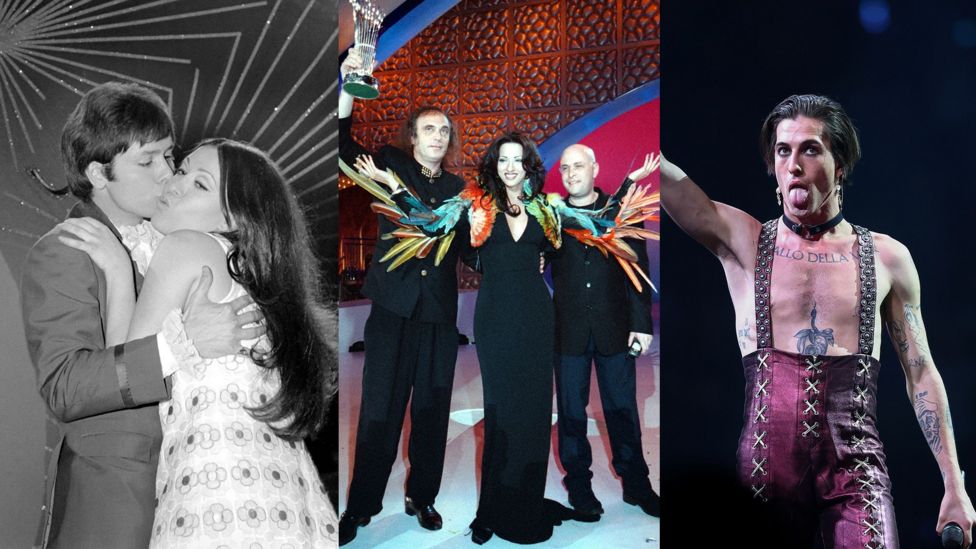
Eurovision returns! The singing show, best known for its flamboyant songs and outlandish outfits, has sparked controversies over the years and made headlines for geopolitical arguments on and off the stage.
Here are some of the most contentious moments from Eurovision history.
1968: Spain beat the UK by one point amid rumours of cheating
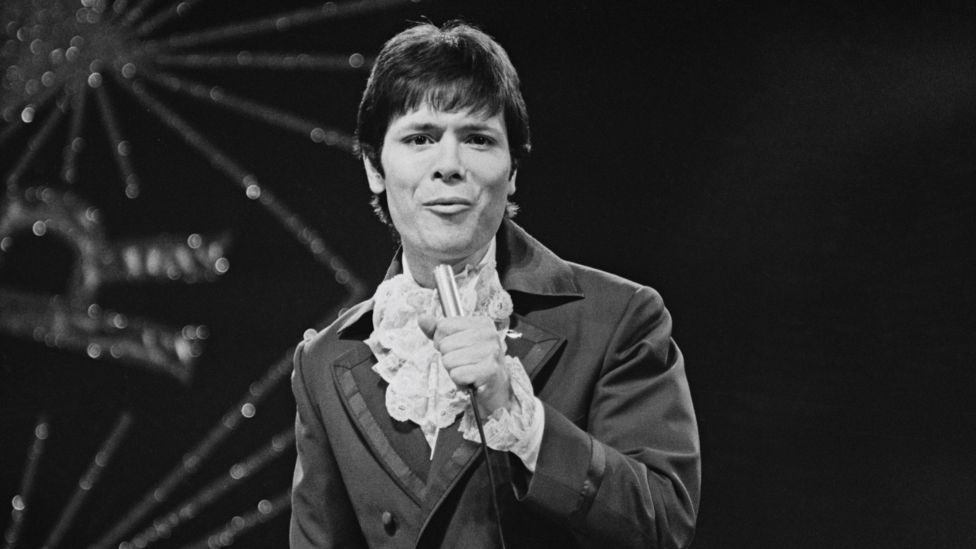
Cliff Richard narrowly missed out on Eurovision victory when his 1968 entry Congratulations lost by one point to Spain’s Massiel and her song La, la, la.
Rumours spread that Spanish dictator General Francisco Franco had rigged the contest by bribing officials. A 2008 Spanish documentary, directed by Montse Fernandez Vila, investigated claims that TV executives travelled across Europe promising cash and contracts in exchange for votes. Victory was seen as vital to Spain’s image, Fernandez Vila said.
Bjorn Erichsen, a director at Eurovision TV, said he could not “exclude the possibility it might be true”. But he also added: “Franco was really so keen for Spain to win it? We’re not talking about Nato here or the EU.”
1974: Portugal's entry signalled the start of a revolution
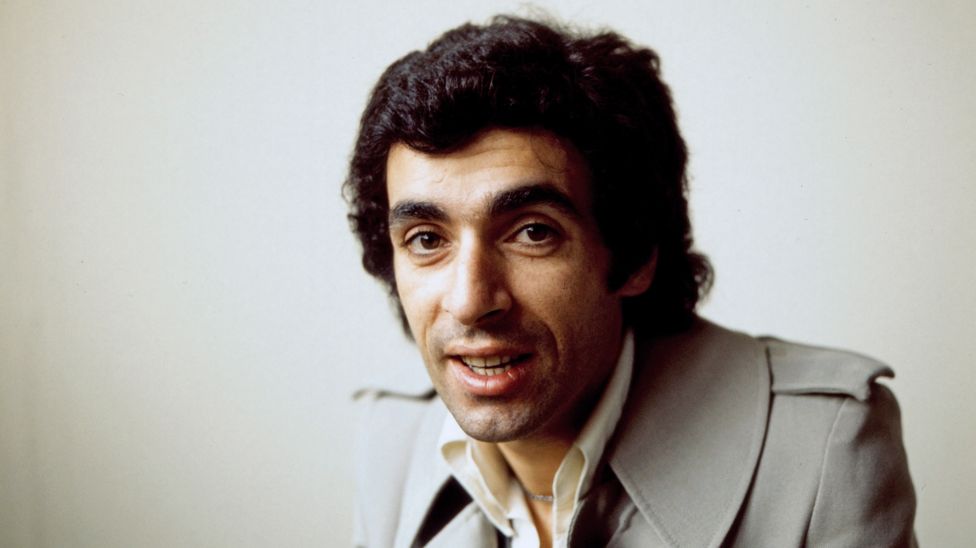
When Abba won Eurovision in 1974 with Waterloo, Portugal’s entry And After the Goodbye, performed by Paulo de Carvalho, was used by military officers to covertly signal the start of a coup.
Three weeks after Eurovision took place in the southern English city of Brighton, left-leaning military generals, plotting to overthrow the Estado Novo fascist regime, played And After the Goodbye on local radio stations as a coded message that marked the beginning of Portugal's transition to democracy.
1978: Israel won but Jordan cut the broadcast
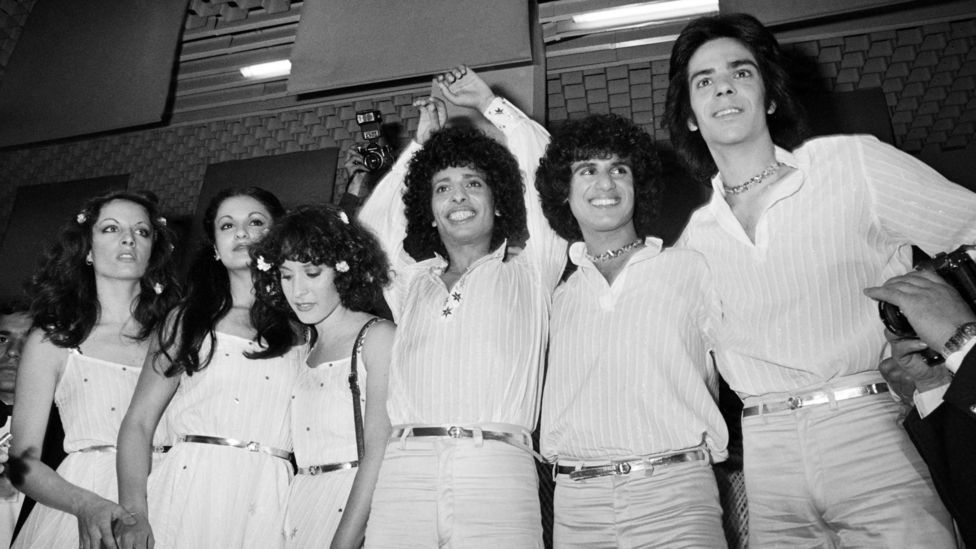
Jordan refused to broadcast Israel’s entry Izhar Cohen & The Alphabeta in the 1978 contest held in Paris, cutting to flowers as the pop group’s performance came on air. When it became clear that Israel’s song A-Ba-Ni-Bi was going to win, Jordan cut the broadcast and later claimed Belgium were the winners.
This was the first of four Eurovision wins for Israel. Years later, when the contest was held in Tel Aviv in 2019, Icelandic band Hatari held up Palestine scarves during the voting. Iceland was fined 5,000 euros (£4,300) for breaking Eurovision’s apolitical guidelines.
1998: Dana International received death threats but still won the crown

The 1998 Eurovision contest in Britain saw Dana International crowned the winner despite the death threats she received and efforts to silence her performance. Sharon Cohen, the singer’s offstage name, represented Israel and was the first transgender winner. Dana’s participation in the competition outraged some Orthodox Jews.
However, her song Diva secured an astounding 172 points. She remained unapologetic about her victory, declaring: “My victory proves God is on my side. I want to send my critics a message of forgiveness: try to accept me. I am what I am.”
2008: Ireland ruffles feathers by entering a puppet in Eurovision
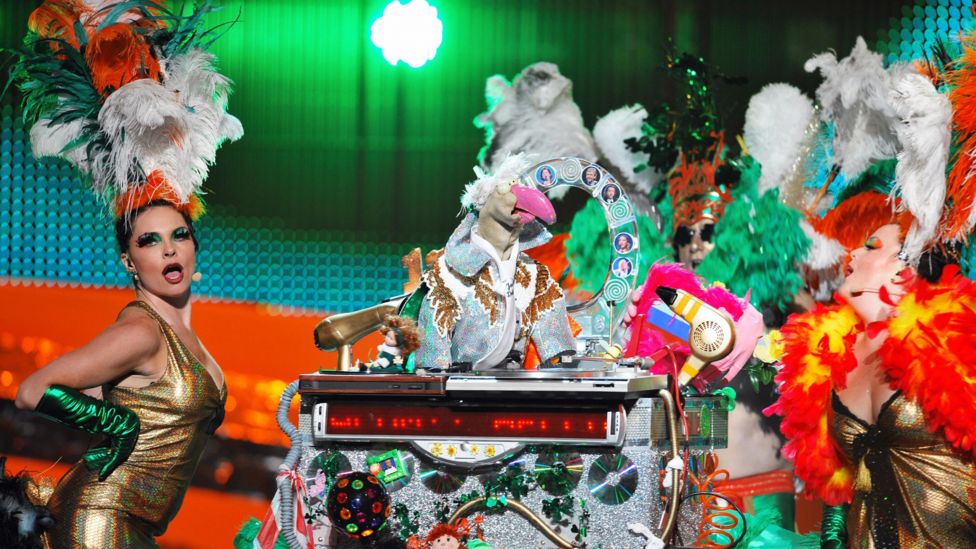
Ireland holds the record, alongside Sweden, for the most Eurovision victories, with seven wins each. But a memorable low point came in 2008 when bird puppet Dustin The Turkey was chosen as their Eurovision star.
The entry ruffled feathers with its rendition of Irelande Douze Pointe - a parody of the show’s geopolitical voting system - and failed to make it to the finals. However, Dustin's career continued to fly high with a stint hosting its own programme, Dustin’s Daily News, and appearances on ballot papers in some Irish elections.
2009: Georgia withdrew from the competition over their 'Put In' song
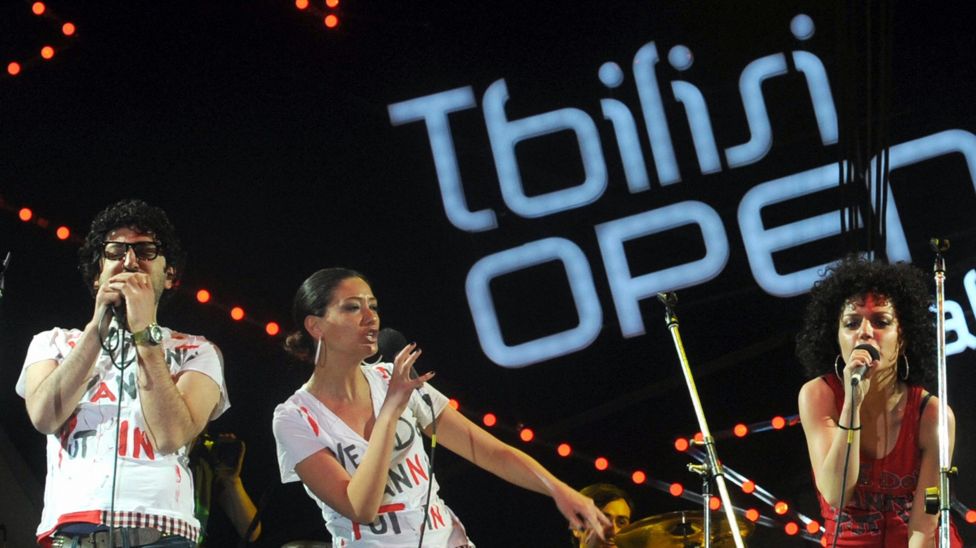
Georgia withdrew from Eurovision 2009 after their song We Don’t Wanna Put In was rejected by the European Broadcasting Union (EBU) for being too political.
Sung by female trio 3G with male vocalist Stephane, the song appeared to mock Russian Prime Minister Vladimir Putin. The artists refused to modify the lyrics or change their entry, choosing to sing at an alternative European music festival over the Eurovision weekend.
2021: Winners Maneskin denied drug-taking allegations
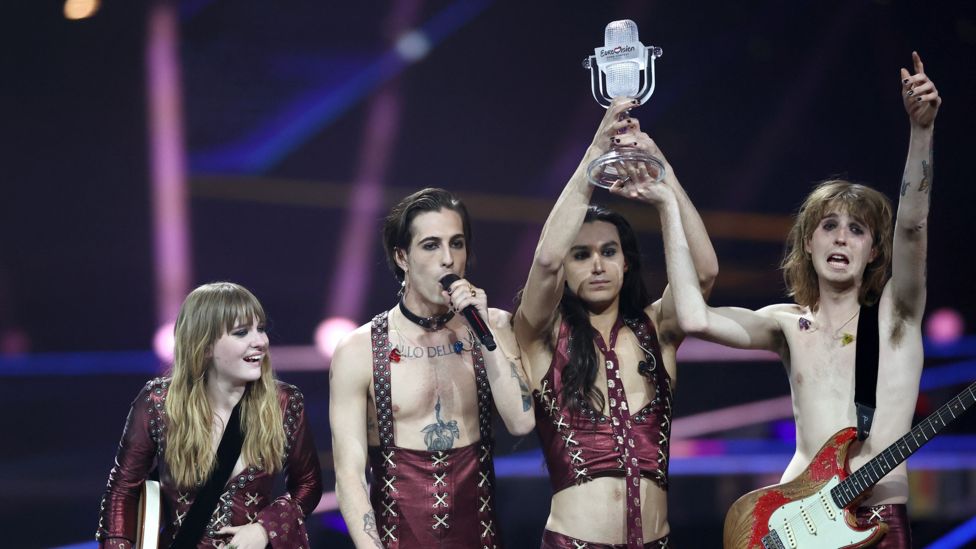
Maneskin, an Italian rock band, won Eurovision in 2021 with their song Zitti e buoni. However, people thought the lead singer used drugs during the show, sparking frenzied online speculation. A camera cut to the band in the green room and frontman Damiano David was seen bending his face towards the table.
The singer denied using drugs. He said he was looking at broken glass. The EBU later revealed David had returned a negative result in a drug test.